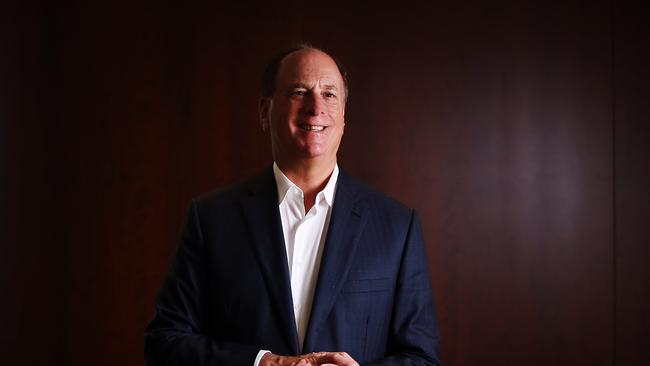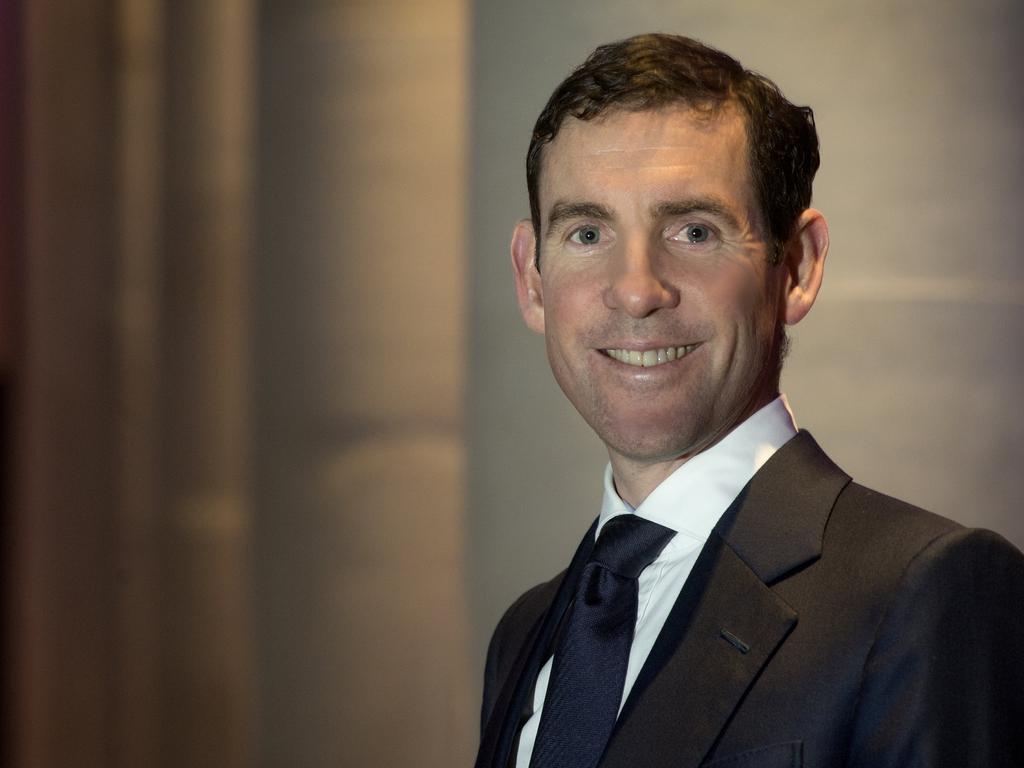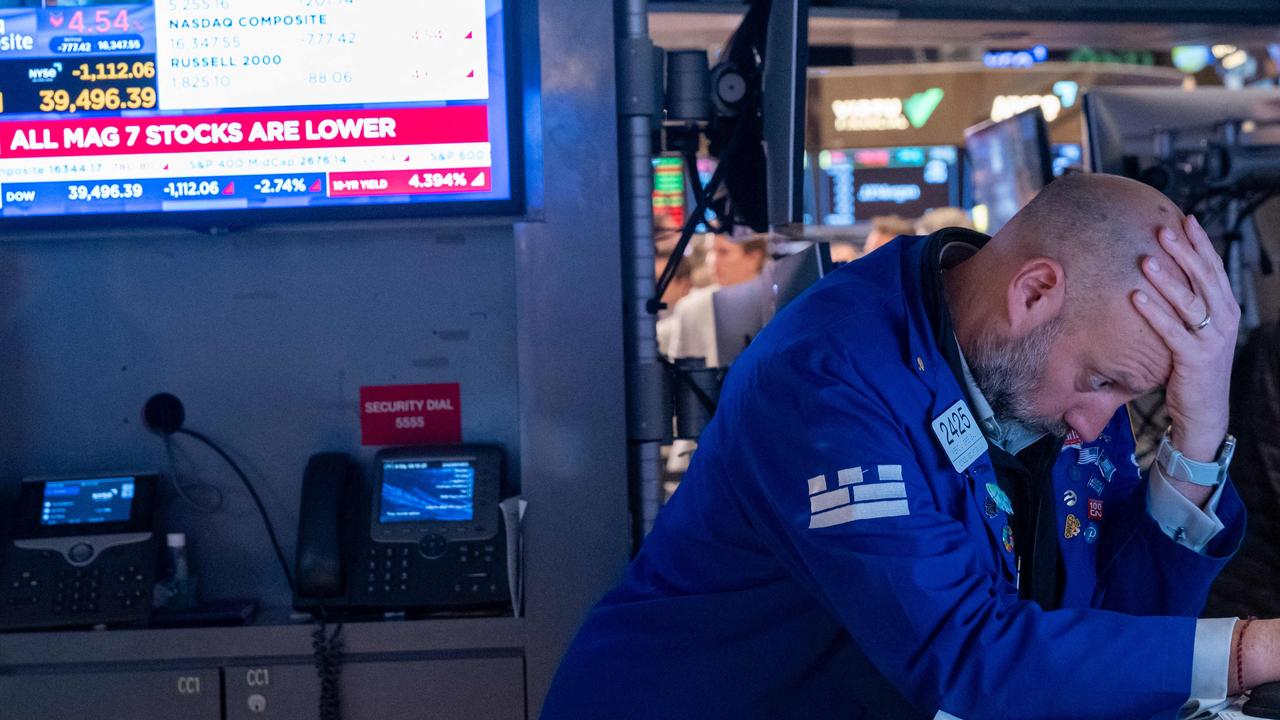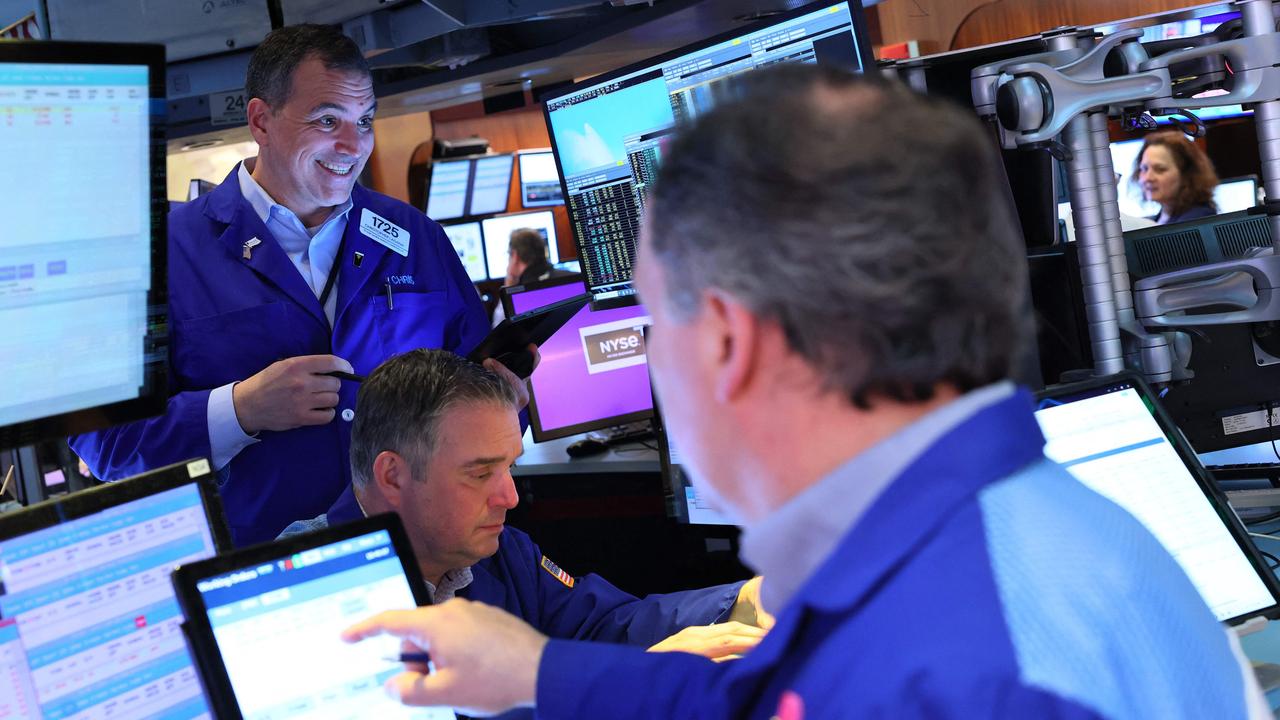BlackRock demands more boards reveal business plans designed to cut global warming
The world’s largest investor is escalating pressure on boards to improve their disclosure and management of environmental risks.

BlackRock, the world’s largest investor, is more than doubling the number of companies it reviews for climate risks, requiring they all disclose a business plan aligned with the goal of reducing global warming.
In a major escalation of its pressure on boards to improve their disclosure and management of environmental risks, BlackRock also revealed it would be more prepared to support shareholder resolutions on climate issues, claiming it was more likely to lead to companies taking action than just private engagement.
BlackRock will also for the first time require companies to demonstrate that their political lobbying activities through trade associations don’t conflict with their public statements on strategic policy issues.
The requirement is contained in the latest Investment Stewardship report on global principles and voting guidelines released on Thursday by BlackRock, which has more than $US7 trillion in assets under management and owns about 4 per cent of all the listed global equities.
BlackRock was one of the key institutional investors that urged Rio Tinto’s board to take stronger action against key executives over the destruction of heritage sites at Juukan Gorge, before a parliamentary inquiry into the affair this week found there were serious deficiencies in the miner’s culture, processes and systems.
The fallout led to the departure in September of Rio Tinto chief executive Jean-Sebastien Jacques and other senior executives.
The latest Stewardship report reveals BlackRock voted against 62 directors at 55 companies over climate risk concerns this year and put another 191 companies “on watch”.
The fund manager said it would continue to vote against directors when companies failed to meet its expectations in how they were managing and disclosing climate risks.
In the last six months it has supported 8 environmental proposals, including at Australian firms BHP, AGL and Origin.
In January BlackRock said it would no longer actively invest in companies that generated more than 25 per cent of their revenue from thermal coal production, including Whitehaven Coal and New Hope.
In 2021 BlackRock will expand its target climate universe from more than 440 to more than 1000 companies, which will include financial services companies — including banks — that finance emission generating projects.
It will now require all those companies to disclose a business plan aligned with the Paris Agreement, which aims to limit global warming to “well below” 2° Celsius.
“Over the second half of 2020, we initiated engagement with 110 companies based in emerging markets or in sectors, such as financial services, that are not directly carbon-intensive but have significant climate risk inherent in their business model,’’ the fund manager’s latest Stewardship Report says.
BlackRock‘s first Global Sustainable Investing Survey released last week said that despite the challenges presented by COVID-19, demand for sustainable investing had accelerated during 2020.
The survey — which covered 425 BlackRock clients in 27 countries, representing $US25 trillion in collective assets under management — also found 20 per cent of respondents said the pandemic would accelerate allocations to sustainable investments.
Last month BlackRock CEO Larry Fink said Joe Biden’s decision to return the US to the Paris climate agreement would be “monumental” and would support the work of investors that have focused on climate change.
The latest Stewardship Report for the first time also seeks confirmation from companies through engagement or disclosures that their corporate political activities are consistent with their public statements on material and strategic policy issues.
“Moreover, we expect companies to monitor the positions taken by trade associations of which they are active members on such issues for consistency on major policy positions and to provide an explanation where inconsistencies exist,’’ the report says.
In August BHP said on it would require industry associations to define the policy areas upon which they advocate, and develop annual plans for how they plan to conduct their lobbying activities.
It also demanded lobby groups avoid ‘’unduly exacerbating policy tensions’’ in their public rhetoric after more than a quarter of BHP shareholders supported a resolution at last year’s AGM requiring the miner to quit groups that do not support the goals of the Paris climate agreement.
Last year Rio Tinto laid out its expectations for the industry associations it supported to ensure they were aligned on climate change policies, energy advocacy and the Paris Agreement objectives.
Rio warned it would reconsider its support and its membership of groups whose views conflicted with its own.
The BlackRock stewardship report also refines the fund manager’s expectations on director tenure on board independence and strengthens expectations for board diversity around ethnicity as well as gender.
It also asks that companies report on how they have determined their key stakeholders and considered their interests in business decision-making.








To join the conversation, please log in. Don't have an account? Register
Join the conversation, you are commenting as Logout